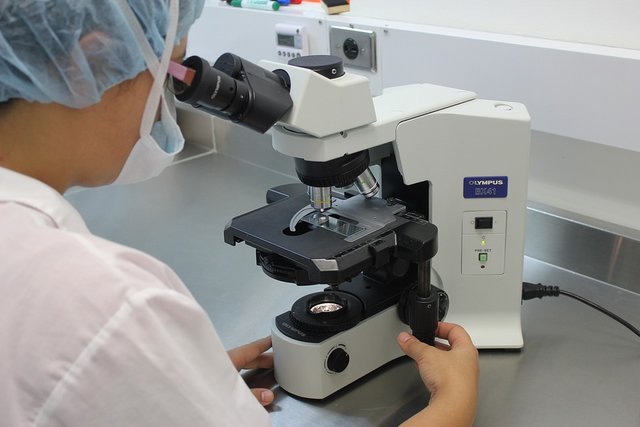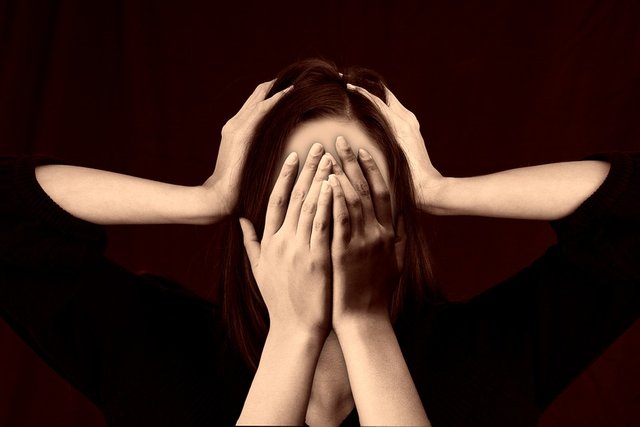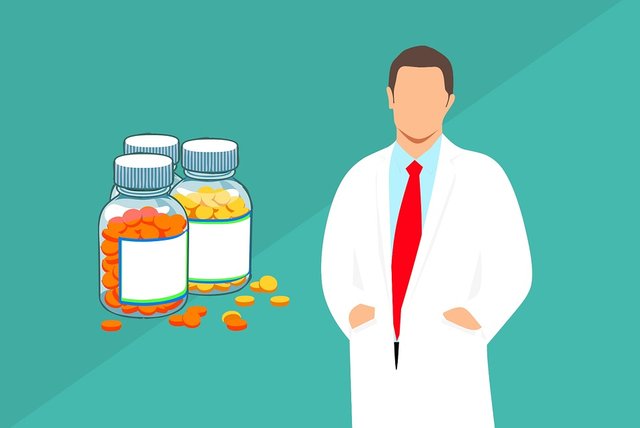Born only 60 years ago, psychiatric drugs have had an impressive growth. But psychic distress, especially anxiety and depression, continues to grow. So? Do not work? Or are they administered badly? We talked about it with an expert, Giovanni Fava, who explains that we need to change the approach
Born only 60 years ago, psychiatric drugs have had an impressive growth. But psychic distress, especially anxiety and depression, continues to grow. So? Do not work? Or are they administered badly? We talked about it with an expert, Giovanni Fava, who explains that we need to change the approach
Perhaps not everyone knows but the history of psychotropic drugs is that of the infant prodigal: events out of the norm that burn the stages. It all started in fact no more than 60 years ago. Until then, the space for the treatment of psychiatric illnesses was a territory of raids divided between shamans, psycho-expert apprentices, doctors who even tried to understand and describe the uneasiness without much constriction. Then, without a real theory at the base, but as often happens, a derivative of anesthetics, chlorpromazine, was proposed empirically as a useful drug to sedate the "madmen who crowded" then the asylums, shelters for the moral redemption of the alienated. It was a success! Actually, the behaviors changed: less agitation, less inadequacy, greater balance, less bizarre ideas.
However, there is a thought...
Today it is estimated there are 450 million psychiatric patients, anxiety and depression and above all, something like 2 out of 10 people among us has some form of the disorder. In America every day there are more than 800 new disabled people for psychic reasons, in Italy, the expenditure for psycho-pharmaceuticals has increased steadily by 5% year on year since 2006; an average Italian spends 17.5 euros per year.
All numbers that document a constant and inexorable growth of discomfort and mental illness. But then psychotropic drugs do not serve? Do not work? We ask the opinion of a person who has said and wrote a lot on this subject, unbalancing a lot until becoming unwelcome in certain salons and uncomfortable in certain congresses, Giovanni Fava (director of the prestigious journal Psychotherapy and Psychosomatics )
"Surely they are common problems, at the same time we have witnessed a widespread diffusion of the use of psychotropic drugs without following the original indications for which they had been developed and tested. They are therefore used too much and inadequately”
But are so many sick? This numerical aspect is really true: are we witnessing the epidemic of anxiety and depression that are the diseases of the century?
"There is a diagnosis problem. DSM diagnoses contain certain phenomena but are only a limited part of the patient's problem. It is not just a matter of psychiatry, but also of medicine in general. Medicine is still structured with a nineteenth-century model, while the uneasiness of the problem requires a multidisciplinary approach, not an organ, but integrated on the person rather than on the symptom. "
What are the goals of psychiatric and psychological therapy?
"To help the patient overcome the difficulties that afflict him, to fight mental pain, which is often neglected and to provide self-therapy tools; psychotherapy in this sense is an instrument of self-therapy. Let's try to explain: the pathology induces practical limit, for example, the agoraphobic cannot take the subway and to work must make an absurd ride in the car; this aspect cannot be neglected in the care plan. But the agoraphobic also has a moral pain related to the shame of being different, something similar to the feeling of defeat and frustration, which induces an enormous sense of fragility. Even this element should not be overlooked. But not only: to recover its balance the agoraphobic person will have to work on himself, on the ability to manage emotions, to relax, to develop fragile emotional skills, it will have to take a rehabilitation path. The care of emotional conditions is more like the activity in the gym of an athlete who tries to improve his tone more and more, rather than the dynamic one shot of the dentist who has arranged the tooth with an operation. "
But then it makes sense and when to think about pharmacological therapies?
"There are very specific indications. The problem is that the drugs in many cases are scaffolding, on which then work, if we leave only the drug, like many jobs in Italy, remains there... "
Then there is the aspect of increased spending: this problem arises especially for the chronic use of antidepressants in anxiety disorders.
"We compare a cognitive behavioral approach to panic disorder that involves a resolution of the symptomatology with 10-15 sessions in two-thirds of cases compared to an antidepressant administered for years: what is more expensive and what gives more benefits?"
But if we have to be careful about drug therapy, do psychological therapies work?
"On the one hand there is a political and commercial push to the use of drugs, even if today with generics the thing has a little 'attenuated, on the other there is a problem of culture of the patient, who can often ask and expect in a way inadequate, a solution "cooked and eaten" to his problem, the magic pill. On one hand, evidence-based medicine is sacrosanct and must be known, carefully studied, but mainly because of individual differences, the path of care cannot be based on it alone, ignoring the rest that "even works ". We can not only consider the guidelines but also the individual assessment. The success of alternative medicines is almost always in the holistic approach in which the patient is taken care of.
Research shows that no treatment can be effective without its non-specific ingredients, which are part of the relationship; the patient is heartened, listened, evaluated, can share his experience. It is not just a placebo effect: it is a different medicine. We need a different medical model, the psychosomatic one. We must not deny psychotropic drugs and psychiatry. The medical model is fundamental but must be integrated into a bio-psycho-social epistemological paradigm in which the person and his discomfort are the results of a fusion between genetics, experience, and biology."






Congratulations @healthsteem! You have completed the following achievement on the Steem blockchain and have been rewarded with new badge(s) :
Click here to view your Board of Honor
If you no longer want to receive notifications, reply to this comment with the word
STOPDo not miss the last post from @steemitboard:
Downvoting a post can decrease pending rewards and make it less visible. Common reasons:
Submit